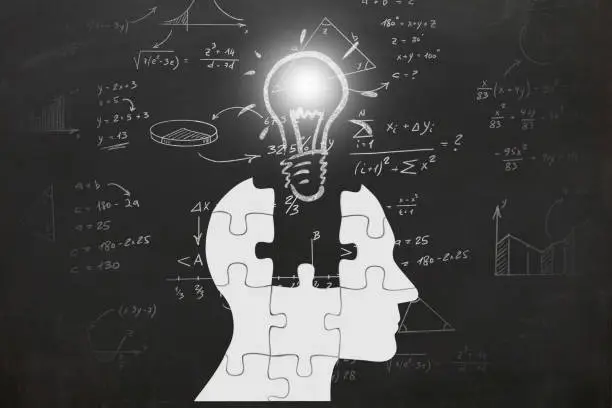Table of Contents
- 1 Self-Awareness:
- 2 What Is Self-Awareness?
- 3 Types of Self-Awareness?
- 4 Barriers to Self-Awareness:
- 5 The Science Behind It:
- 6 Why Self-Awareness Matters:
- 7 How to Cultivate Self-Awareness:
- 8 Conclusion:
- 9 “Until you make the unconscious conscious, it will direct your life and you will call it fate.” — Carl Jung
- 10 “Clarity about who you are and what you value is the bedrock of authenticity.” — Brené Brown
- 11 Manifest Mi Dreams - Team
Self-Awareness:
Self-awareness is one of the most powerful tools for personal growth, emotional intelligence, and meaningful relationships. It allows you to better understand yourself—your thoughts, emotions, motivations, and behaviour’s—and to navigate life with greater clarity and purpose.
“Knowing yourself is the beginning of all wisdom.” — Aristotle

Image by: Pexels
In a world that constantly demands action, attention, and validation, few pause to ask: “Who am I beneath all this?” That pause is the beginning of self-awareness — a powerful yet often underrated skill that shapes how we think, feel, act, and relate to others. It is the bedrock of emotional intelligence, the foundation of conscious living, and the starting point of any meaningful personal transformation.
What Is Self-Awareness?
Self-awareness is the conscious knowledge of your own character, feelings, motives, and desires. It involves:
- Emotional awareness: Recognizing your feelings as they arise.
- Thought recognition: Identifying the thought patterns that influence your behaviours.
- Understanding triggers: Knowing what situations or people provoke certain emotions or reactions in you.
- Insight into behaviour: Being aware of how your actions affect yourself and others.
Types of Self-Awareness?
Definition: The ability to reflect on your thoughts, emotions, and behaviours
Two Types
- Internal self-awareness: Understanding your own values, beliefs, emotions.
- External self-awareness: Understanding how others perceive you.
Barriers to Self-Awareness:
- Ego and defensiveness.
- Fear of knowing the truth.
- Distractions and busyness.
The Science Behind It:
- Neuroscience of reflection and mindfulness.
- The role of the prefrontal cortex.
- Emotional intelligence and its five components.
Why Self-Awareness Matters:
- Improved Emotional Regulation
When you understand your emotional triggers, you’re better equipped to manage your reactions and respond instead of react. - Better Decision Making
Clarity about your values, priorities, and emotional biases helps you make choices that align with your true self. - Stronger Relationships
Self-aware individuals communicate more effectively and empathize better with others. - Greater Self-Confidence
Knowing your strengths and weaknesses allows you to work from a place of authenticity rather than fear or insecurity.
How to Cultivate Self-Awareness:
- Practice Mindfulness
Mindfulness involves paying attention to your present experience without judgment. It helps you observe your thoughts and emotions objectively.
- Try daily meditation or breathing exercises.
- Focus on your body sensations and emotions in the moment.
- Use mindfulness apps or guided meditations.
- Journal Regularly
Writing down your thoughts and feelings can uncover patterns and hidden beliefs.
Prompts to try:
- “What emotion did I feel most strongly today and why?”
- “What thoughts are recurring lately?”
- “How did I respond to stress, and what could I do differently?”
- Ask for Feedback
Trusted friends or mentors can offer insights into how you come across to others—something you might miss on your own.
Ask:
- “How do I handle stress or conflict?”
- “Do you notice any habits I may not be aware of?”
- Identify Core Values
Knowing what truly matters to you helps explain why you think and feel the way you do in certain situations.
Reflect on:
- When have I felt most fulfilled?
- What causes or ideas do I feel most passionate about?
- Challenge Automatic Thoughts
Negative self-talk or irrational beliefs can skew your self-perception.
When a negative thought arises:
- Pause and ask: “Is this true? What evidence supports it?”
- Replace it with a more balanced, realistic thought.
Conclusion:
Understanding your thoughts and emotions isn’t about controlling or suppressing them—it’s about becoming an observer and guide of your inner world. The power of self-awareness lies in its ability to help you live more consciously, connect more deeply with others, and navigate life with clarity and intention.
